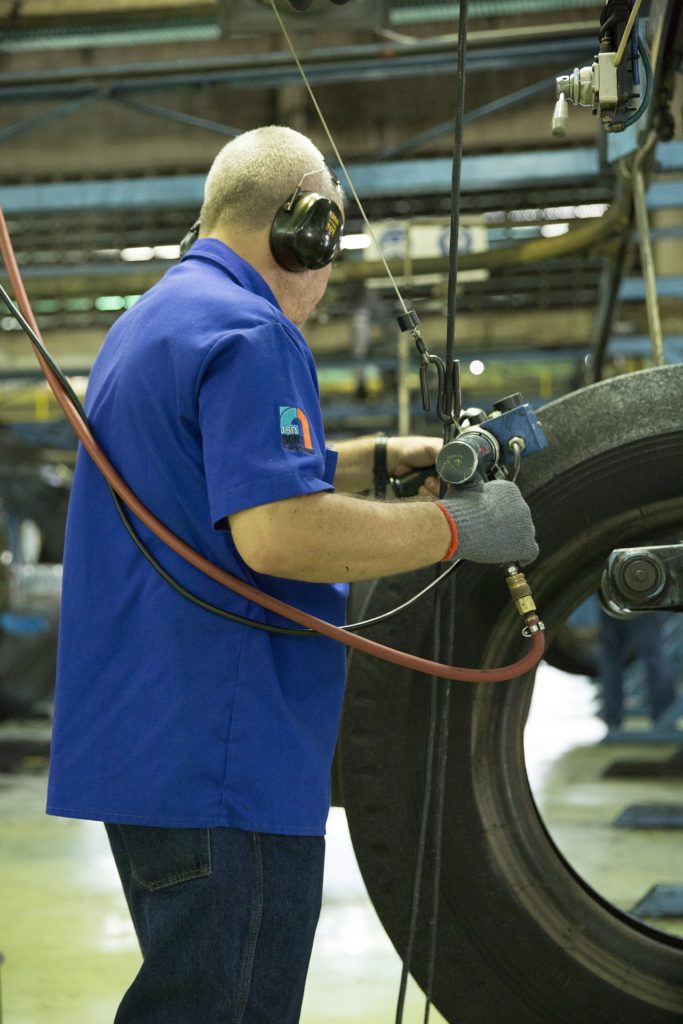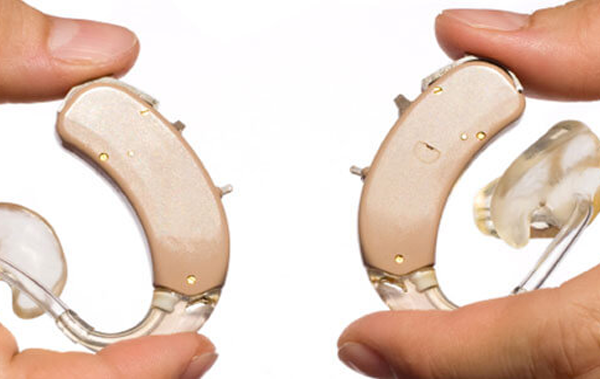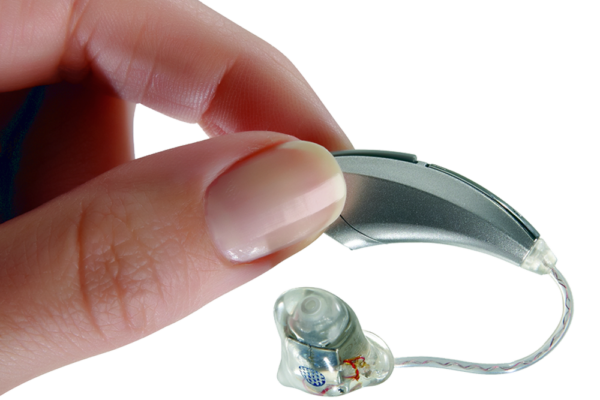

A huge percentage of people who experience hearing loss attribute it to their workplaces. That said, your workplace could slowly be causing hearing damage to you. In this article, we look at how hearing loss occurs in the workplace, what causes it, how to avoid it, and more. Protect your hearing now and avoid the need for hearing aids later.
Common agents of hearing loss in the workplace
Hearing loss in the workplace can be caused by many factors. But the most common and the most destructive are these four:
- Loud discussions – You may not think it, but loud shouting and loud meetings can over time take a toll on your hearing. A good example of such a workplace is the floor of a stock exchange center where everyone is shouting and screaming themselves hoarse. Shouting and screaming ranges at about 100 decibels of noise, way above the permissible 80 decibels.
- Loud music – Loud music is a huge cause of hearing loss in the working place. Workplaces that engage in entertainment and music production are most affected, e.g. music studios and concert halls. However, other social workplaces can be affected by loud music too, e.g. gyms and restaurants.
- Loud bangs and explosions – Loud bangs and explosions range at about 120-140 decibels of noise and are quite harmful to the ear. And some people work in environments characterized by such noise, e.g. police stations, gun shooting ranges, mining sites, military training grounds, etc.
- Loud machinery equipment – Loud machinery is also a huge cause of hearing loss among working Americans. The most affected industries are metal fabrication, drilling, construction, demolition, and agriculture.
How to tell that your workplace is harmful to your hearing
You can tell that your workplace is harmful to your hearing through a number of ways:
- You experienced hearing difficulties soon after you started working there. This may include pain in the ears, tinnitus, headaches due to noise, temporary hearing loss, etc.
- Other people who have worked there for long have experienced some degree of hearing loss. This should be a red flag on harmful decibel levels.
- The environment is very noisy and you may have to strain to hear what your colleague is saying. This is a clear indicator that the decibel levels are beyond the healthy limit.
- You experience ringing or buzzing of the ears after exiting the workplace. This is common characteristic of loud harmful environments or noises.
How to reduce the risk of hearing loss while at the workplace
There are a number of ways to safeguard your hearing in a noisy workplace. Check them out below:
- Wear protective hearing equipment. Wearing ear plugs and ear muffs can help to block out harmful noises effectively. This is a viable option for those working in a non-office environment, especially industrial workers.
- Reduce the music volume at the workplace. This is viable for environments where the music is not compulsory but simply for entertainment. Keep the volume to about 80 decibels to avoid hearing loss.
- Look for a different job whose workplace is not noisy. If all else fails, look for a different job that doesn’t put your hearing at risk.

For more information about Brand Name Hearing Aids for Less visit us online at: https://valuehearingcare.com/
Connect with us on social media: Facebook: https://www.facebook.com/valuehearingflorida/
Twitter: https://twitter.com/Value_Hearing

